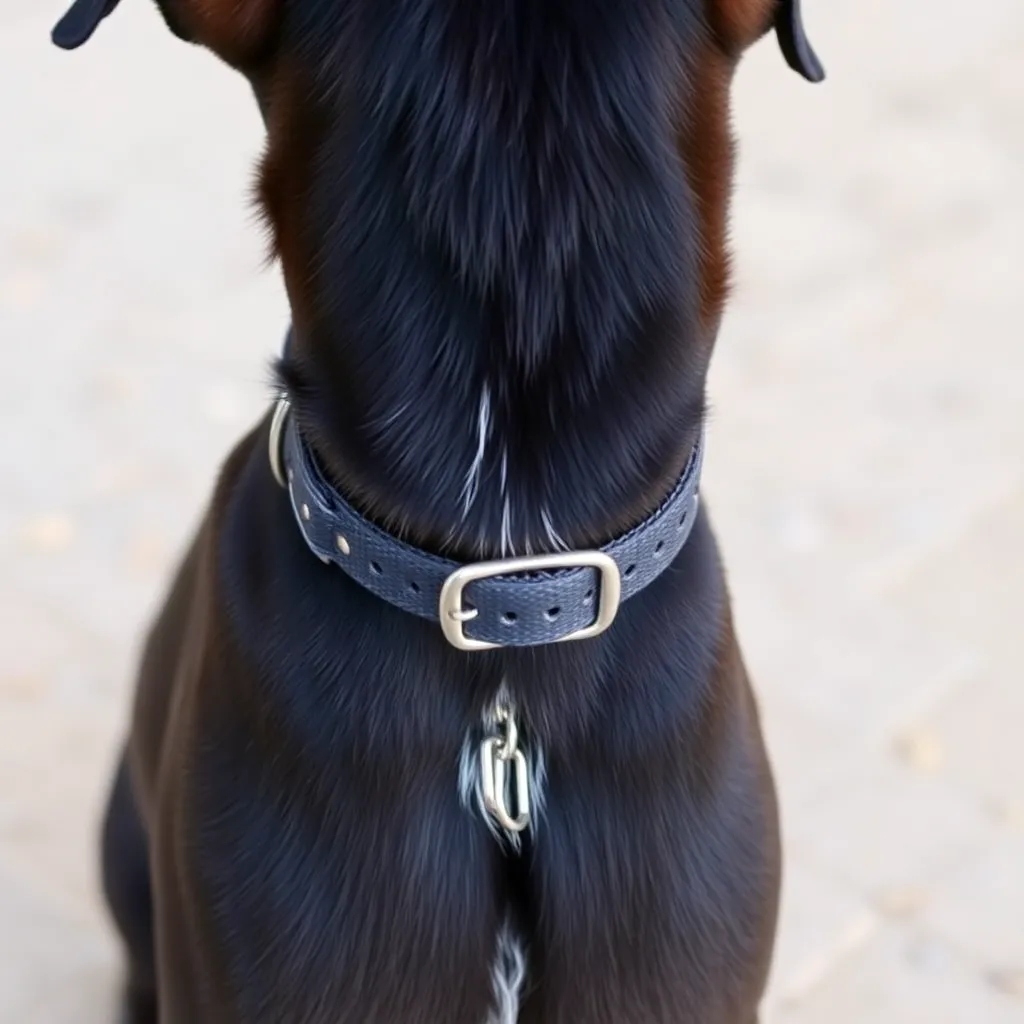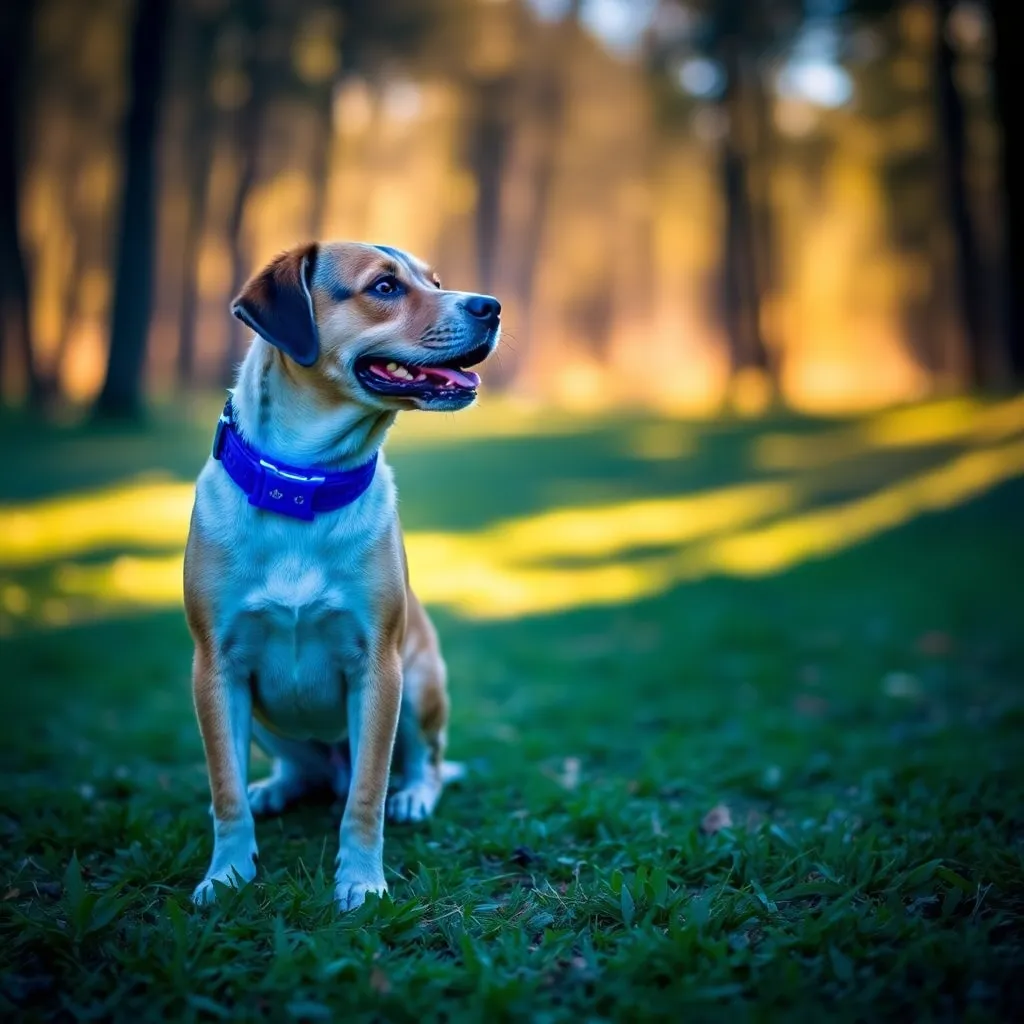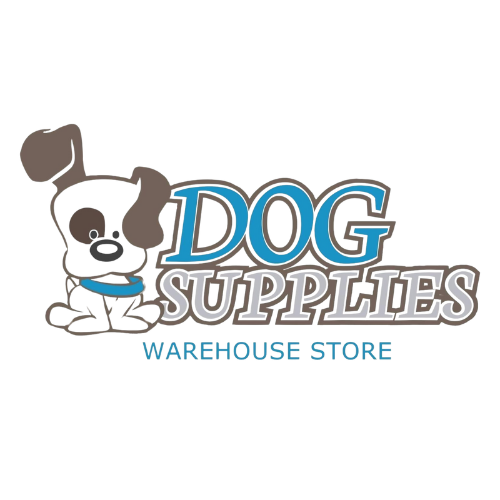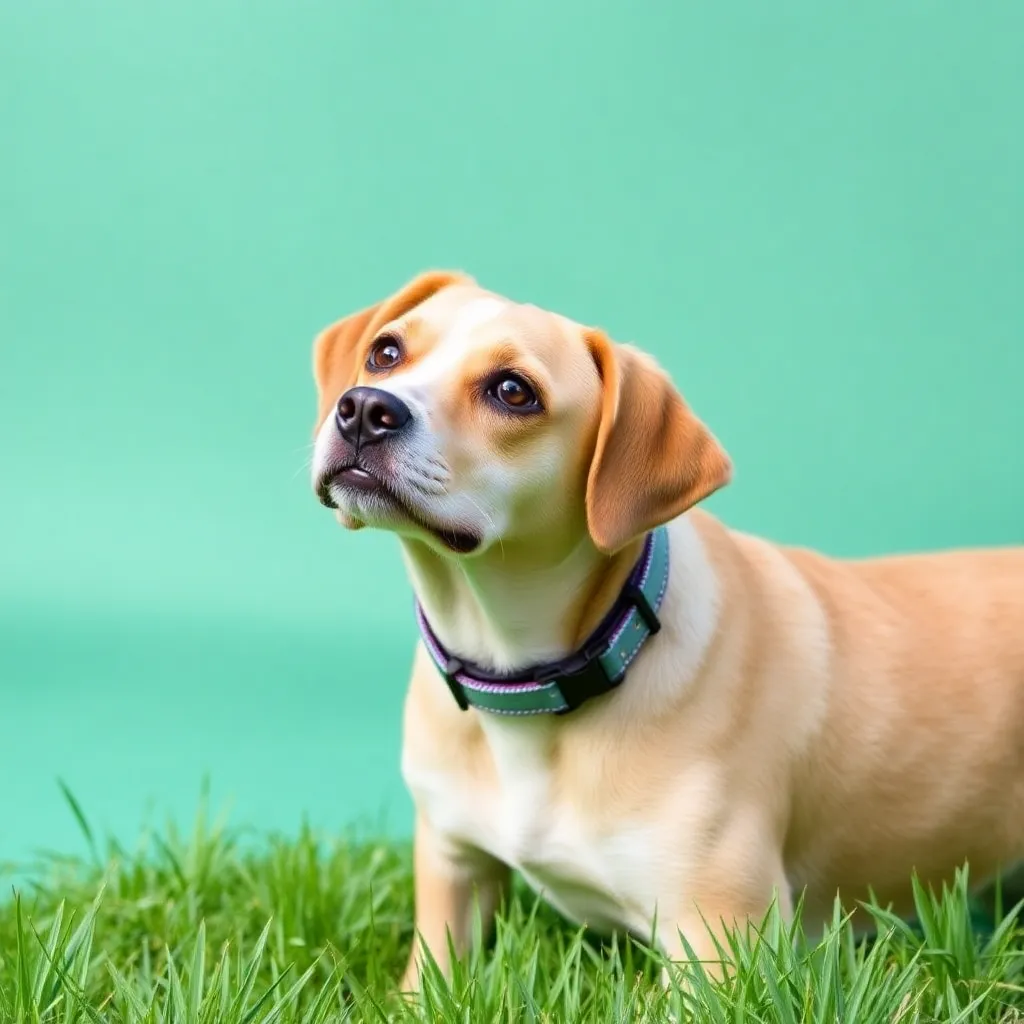Choosing the right collar for your dog is an essential part of responsible pet ownership. The right collar can enhance your dog’s safety, ensure they are comfortable, and even assist in training. In this comprehensive guide, we will explore the various types of dog collars, the materials they are made from, and essential safety tips to keep in mind.
Introduction to Dog Collars
Importance of Choosing the Right Collar
Selecting the correct collar is crucial for your dog’s well-being. A well-fitted collar can prevent injuries, aid in training, and ensure your dog is identifiable in case they get lost. It’s not just about aesthetics; the functionality and safety of the collar are paramount.
Factors to Consider When Selecting a Collar
When choosing a collar, consider your dog’s size, breed, behavior, and specific needs. For example, a large, strong dog may require a different type of collar than a small, delicate one. Similarly, a dog that pulls on the leash needs a different solution than one that walks calmly by your side.
Standard Collars
Flat Collars
- Description and Uses: Flat collars are the most common type of dog collar. They are typically made from nylon or leather and come with a buckle or snap closure. These collars are adjustable and can be personalized with your dog’s name and your contact information.
- Best for Everyday Use: Flat collars are ideal for everyday use. They are comfortable for dogs to wear throughout the day and are suitable for attaching identification tags. However, they are not the best option for training purposes, especially for dogs that tend to pull on the leash.

Breakaway Collars
- Safety Features: Breakaway collars are designed to snap open under pressure, preventing your dog from choking if the collar gets caught on something. This feature makes them particularly safe for dogs that spend a lot of time outdoors or in areas where there are many obstacles.
- Ideal for Active Dogs and Outdoor Use: These collars are perfect for active dogs and those that like to explore. The breakaway feature ensures your dog’s safety, giving you peace of mind during outdoor adventures.
Martingale Collars
- Benefits for Dogs with Narrow Heads: Martingale collars are designed to provide more control without choking your dog. They are especially beneficial for dogs with narrow heads, like Greyhounds, that can slip out of regular collars. The limited-slip feature tightens the collar slightly when the dog pulls but prevents it from becoming too tight.
- Training and Control: Martingale collars are excellent for training. They provide gentle correction and control, making them a preferred choice for trainers and owners working on leash manners.

Speciality Collars
Training Collars
- Types: Training collars include choke chains and prong collars. These collars are designed for specific training purposes and should be used under the guidance of a professional trainer.
- Proper Usage and Safety Precautions: While effective, these collars can cause injury if misused. It’s crucial to understand how to use them correctly to avoid harming your dog. Always seek advice from a professional trainer before using a training collar.
Head Collars
- Gentle Control for Training: Head collars, like the Gentle Leader, provide control by guiding the dog’s head. This type of collar is effective for dogs that pull on the leash, as it helps direct their attention back to you.
- Suitable for Strong Pullers: Head collars are ideal for strong pullers and dogs that need gentle control. They help reduce pulling without causing pain or discomfort.
GPS Collars
- Tracking and Safety Features: GPS collars come equipped with tracking technology, allowing you to monitor your dog’s location in real-time. These collars are particularly useful for dogs that tend to wander or for those living in rural areas.
- Best for Adventurous Dogs: If your dog is an adventurer, a GPS collar provides an added layer of security. You can keep track of your dog’s movements and quickly locate them if they get lost.

Functional Collars
Flea and Tick Collars
- Health Benefits: Flea and tick collars are treated with pesticides that repel and kill pests. These collars provide continuous protection, making them an excellent choice for dogs that spend a lot of time outdoors.
- Best Practices for Use: Ensure you choose a flea and tick collar suitable for your dog’s size and weight. Follow the manufacturer’s instructions carefully to maximize effectiveness and minimize potential side effects.
Reflective Collars
- Enhancing Visibility: Reflective collars are designed to enhance your dog’s visibility in low-light conditions. They are made with reflective materials that shine brightly when illuminated by headlights or streetlights.
- Ideal for Night Walks: If you walk your dog early in the morning or late at night, a reflective collar is a must. It improves safety by making your dog more visible to drivers and other pedestrians.
Personalized and Decorative Collars
Personalized Collars
- Customization Options: Personalized collars can be customized with your dog’s name and your contact information. This feature is invaluable if your dog ever gets lost, as it helps ensure they can be returned to you quickly.
- Benefits for Identification: Having a personalized collar means your dog always has identification on them. This simple addition can make a huge difference in a lost dog’s safe return.
Fashion Collars
- Stylish Designs: Fashion collars come in various designs and materials, allowing you to choose a collar that reflects your dog’s personality. From studded leather to colorful patterns, the options are endless.
- Choosing Safe Materials: While fashion is fun, safety is paramount. Ensure any decorative elements are securely attached and that the materials used are safe for your dog. Avoid collars with small parts that could be chewed off and swallowed.
Conclusion
Choosing the right collar for your dog involves considering their size, breed, behavior, and specific needs. From standard collars like flat and martingale collars to specialty options like head and GPS collars, there is a collar for every dog and situation.
Final Tips for Choosing the Right Collar
- Measure your dog’s neck to ensure a proper fit.
- Consider your dog’s daily activities and choose a collar that suits their lifestyle.
- Prioritize safety features, especially if your dog is active or adventurous.
- Regularly check the collar for signs of wear and tear and replace it as needed.
By understanding the different collar types and their specific uses, you can make an informed decision that ensures your dog’s safety and comfort. Investing in the right collar is an investment in your dog’s well-being, providing peace of mind for both you and your furry friend.

After 5 years in a high pace business management role, I partnered with an e-commerce developer to start building Dog Supplies Warehouse.
Our number one goal is to make sure all products are managed and delivered to our customers door fast and accurately.

